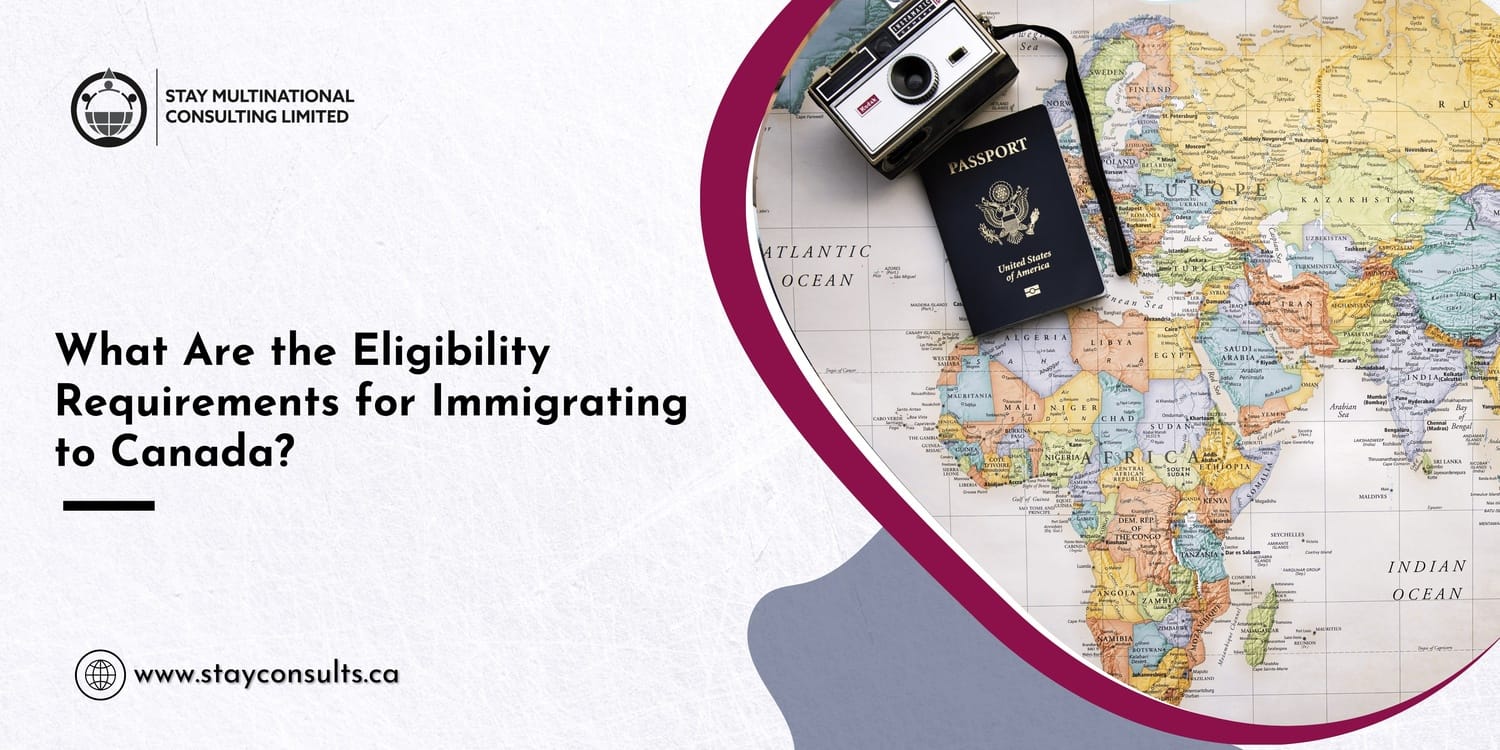Introduction to Canada’s Immigration System
Canada is often compared to a beacon of hope for immigrants worldwide. With its strong economy, quality education, and universal healthcare, it’s no wonder millions dream of moving here. But just like climbing a mountain, reaching Canada requires preparation and a clear understanding of the path ahead. So, what do you need to succeed?
General Eligibility Criteria
Before Going into specific pathways, let’s explore the general requirements applicable to most immigration programs:
- Age: Most programs favour applicants aged 18-45.
- Education: A recognised degree, diploma, or certificate.
- Work Experience: Relevant professional experience boosts your profile.
- Language Proficiency: English or French skills are essential.
- Health and Security: A clean bill of health and no criminal record.
Think of these criteria as the building blocks of your Canadian dream.
Express Entry: Canada’s Fastest Pathway
The Express Entry system is like Canada’s VIP immigration line. It manages three main programs:
- Federal Skilled Worker Program (FSWP): For professionals with work experience.
- Federal Skilled Trades Program (FSTP): For skilled trade workers.
- Canadian Experience Class (CEC): For those with Canadian work experience.
Applicants are ranked using the Comprehensive Ranking System (CRS). A higher score increases your chances of receiving an Invitation to Apply (ITA) for permanent residency.
Provincial Nominee Programs (PNPs)
Imagine if each Canadian province were like a company hiring its ideal candidates. That’s essentially what PNPs are! Provinces like Ontario, Alberta, Saskatchewan, Nova Scotia, and British Columbia have unique criteria for attracting skilled workers. While requirements vary, most demand:
- A job offer in the province.
- Skills aligned with the province’s labor market needs.
- Some provinces like Saskatchewan and Manitoba favor family ties
- Some provinces like Alberta and BC favor IT/Tech work experiences
- Some provinces favor students who have graduated from their institutions.
Family Sponsorship Programs
Do you have close family in Canada? Lucky you! The Family Sponsorship Program allows Canadian citizens or permanent residents to sponsor:
- Spouses or common-law partners.
- Dependent children.
- Parents and grandparents.
This program emphasizes Canada’s commitment to family reunification.
Study Permits Leading to Permanent Residency
Education is often the key to a better life, and Canada is no exception. Many students who come to Canada on a study permit later apply for permanent residency. Here’s why it works:
- Studying in Canada gives you points for the Canadian experience.
- Many schools provide pathways to work permits after graduation.
Work Permits and Immigration
Canada offers several work permit options, including:
- Temporary Foreign Worker Program (TFWP).
- Post-Graduation Work Permit (PGWP).
- Global Talent Stream for in-demand professionals.
Gaining Canadian work experience through these permits can fast-track your immigration application.
Business and Investment Immigration
If you’re an entrepreneur or investor, Canada rolls out the red carpet through programs like:
- Start-Up Visa Program: For innovative business ideas.
- Provincial Business Programs: Tailored for entrepreneurs in specific provinces.
Think of this route as planting seeds in fertile soil—your investment helps grow Canada’s economy while securing your future.
Refugee and Humanitarian Options
Canada is globally recognized for its compassion. Refugees fleeing persecution can apply for asylum through programs aligned with UN standards. While the eligibility process is stringent, it offers hope to those in dire need.
Eligibility Requirements for Medical Fitness
All applicants must undergo a medical examination by a panel physician. This ensures that:
- You’re not a public health risk.
- You won’t place excessive demand on Canada’s healthcare system.
Criminal Record Check and Security Clearance
A clean background check is non-negotiable. Applicants must:
- Provide police certificates.
- Pass security screenings to ensure they pose no threat.
Proof of Funds and Financial Stability
Financial proof ensures you can support yourself and your family upon arrival.
Required amounts vary based on:
- Family size.
- Immigration program.
Language Proficiency Requirements
Communication is vital in any new country.
Applicants must prove proficiency in English or French through tests like:
- IELTS or CELPIP for English.
- TEF Canada for French.
Advisory Support: Why Experts Matter
Navigating immigration can feel like solving a puzzle with missing pieces. That’s where a leading business and immigration advisory firm in Canada & Australia comes in. Experts streamline your application, maximize your CRS score, and provide tailored advice to make your Canadian dream a reality.
Ready to get started? Book a consultation today!
Visit stayconsults.ca/travels/ or
Call us at +1-250-574-3218 to speak with our experienced advisors.
Let us help you take the next step toward your new future!
Final Tips and FAQs
Preparation is key to success. Ensure all documents are accurate, stay updated on program changes, and seek professional guidance when needed.
FAQs
- How can I improve my CRS score for Express Entry?
Boost your score by improving language test results, gaining more work experience, or pursuing further education. - Can I immigrate to Canada without a job offer?
Yes! Programs like Express Entry (Federal Skilled Worker) don’t always require a job offer. - What’s the average processing time for Canadian immigration?
Processing times vary but typically range from 6 months to 2 years, depending on the program. - Are there age limits for immigrating to Canada?
While there’s no strict limit, applicants aged 18-45 are often favored. - Can I bring my family when I immigrate?
Yes, most programs allow you to include your spouse and dependent children in your application.

